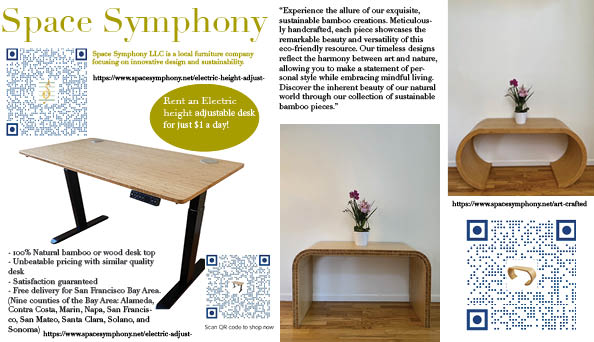Laughter and relaxed conversation fill the living room of a Los Altos home. When the doorbell rings, one of the hosts goes to answer and without a second thought treats the guest with courtesy, shaking his hand and inviting him to join the group. As simple as it may seem, this is a scene not commonly witnessed in other parts of the world such as the Middle East; of the two men shaking hands, one is Jewish and the other Palestinian.
For the night, the Los Altos home has become the meeting place for a local branch of the Jewish-Palestinian Living Room Dialogue group, an organization dedicated to finding and promoting peace in the Middle East through discussion and dialogue.
This particular group, comprised of Jewish, Palestinian, Lebanese, and "other" participants, is one of six currently established in the San Francisco Peninsula. Meeting for just under two years, the 30-odd members of the Silicon Valley/Los Altos group come together on a monthly basis to voice fears, concerns, joys, and anything else on their minds relating to current issues in the Middle East.
Brought to the Bay Area in July of 1992 by the San Mateo Dialogue group, the concept of a network of peace-orientated discussion groups stemmed from a few individuals and eventually grew into a community affair. "We began with an idea," states a pamphlet prepared by the San Mateo group. "Then we found a Palestinian partner. Together we gathered enough women and men for a first meeting — 8-10 willing Jews and Palestinians, and a few ‘others.’ In time, the Palestinian and Jewish participants began opening their own living rooms for the monthly meetings, and we now limit the number to about 30 [per group]."
The dialogue of each group is unique and affects all who attend, yet the goal for all branches is similar. According to the organization’s pamphlet, "When we hear each other’s ‘stories,’ we start to expand our identification, and begin to see each other as human and equal. Seeing our oneness — and differences as well — we begin to want the best for each other. We see that we are inextricably interrelated and interdependent — neighbors forever."
Due to the sensitivity of the concepts being discussed, it is with great respect that group members treat those who share stories. "The purpose is not to debate, but to listen with new ears and new interest, to better understand and appreciate each other in our similarities and diversity, and to discover new common ground," states an informational flyer regarding the group’s next meeting. A portion of the group’s philosophy is based on the idea that "everybody has a story." Members of the dialogue groups include a wide variety of individuals, including holocaust survivors and refugees.
Many participants in the dialogue groups have adopted the concepts of unity and equality as main goals. "That is our biggest problem — there is no equality between [our two people]," says Elias Botto, a Palestinian member of the San Mateo group. Botto, a refugee of the 1948 war in Israel, came to the United States in 1954, and said with a touch of quiet remorse that he has not been back to the Middle East since. Despite being driven from his home during conflict, Botto believes in a peaceful solution and is connected to several charities oriented toward the same goal, such as the Bethlehem Association.
As the dialogue of each group is unique, it follows that each group has a different approach or agenda. In their most recent meeting, participants of the Los Altos/Silicon Valley group not only shared anecdotes and voiced concerns, but also discussed ways in which to advance the group’s influence on the community. Despite efforts, including panels and presentations around the Bay Area, the beginning stages of a similar group at Stanford, and continuing involvement in peace functions throughout California, many members feel the group is not pro-active enough. "To the people out there, we do not exist," Jewish participant Leo Reiner said. Reiner went on to relate a personally frustrating incident in which co-workers laughed at the idea of a collaborative Jewish-Palestinian dialogue program.
"I was driving some co-workers during lunch and [one] in the backseat saw the [flyer about the group] and basically said ‘Is this a joke?’"
In addition to Reiner, other members of the group feel that their peaceful efforts through dialogue are not affecting the rest of the nation or even reaching the Middle East. "I cry a lot [for those people over there]," one Lebanese member said.
While many in Palo Alto are still ignorant of developing, semi-underground peace efforts such as the Jewish-Palestinian Living Room Dialogue groups, the San Mateo group has been operational for a total of 132 monthly meetings, with six other established groups as a result of the program’s popularity. For more information, go to http://traubman.igc.org/global.htm.


